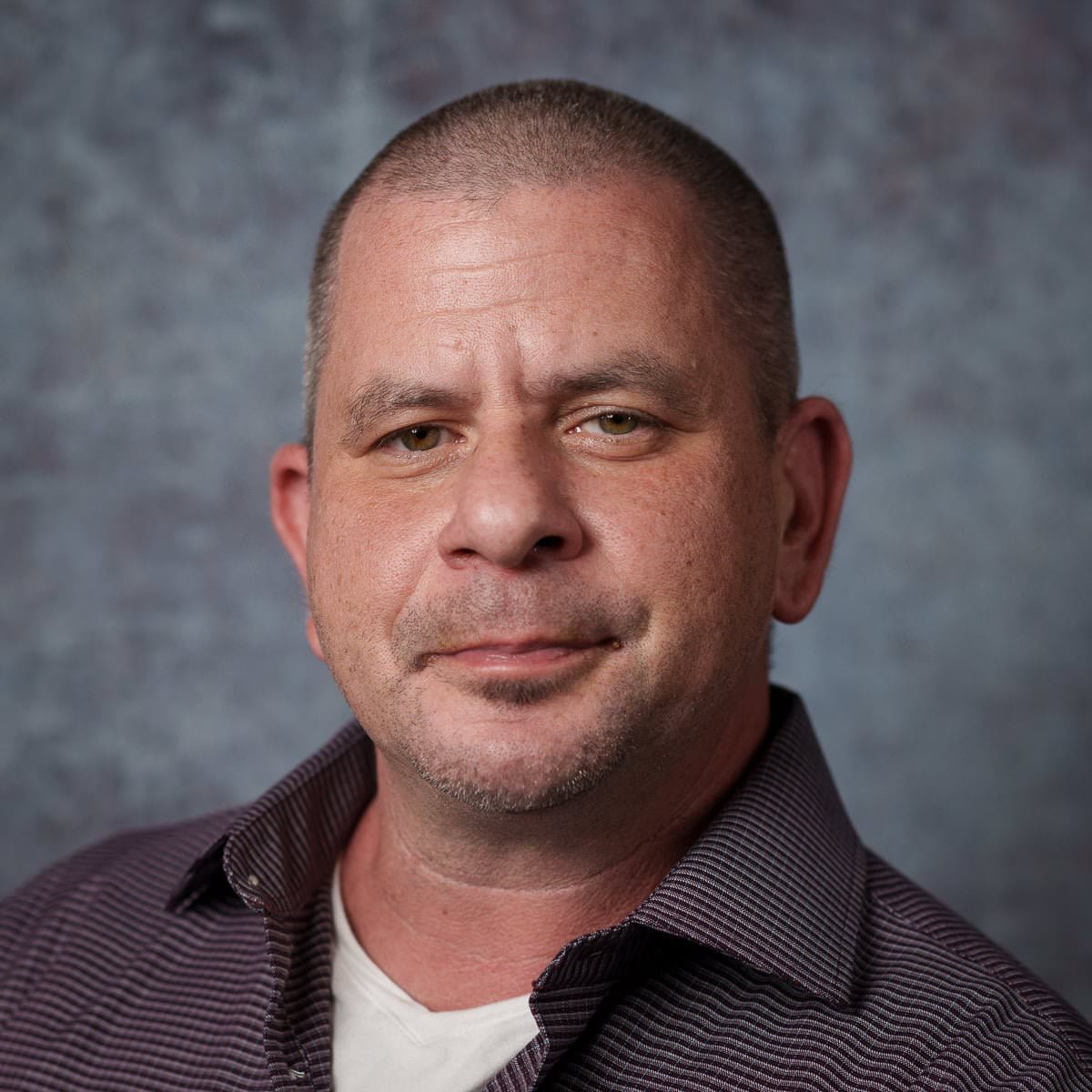Our Staff
Chad Sabora
Chad Sabora is in long-term recovery from a substance use disorder. Chad has unique lived experience, holding a masters degree in psychology and he is a former prosecuting attorney in addition to being a former drug user. Chad works in many areas involving drug policy, drug use, substance use disorder, treatment and recovery services. He led drug policy reform and other legislative efforts under the umbrella of social justice. He helped write, advocate, and pass numerous drug policy reform laws in Missouri and Washington D.C. Such as Missouri’s overdose immunity law, first responder naloxone access, third party naloxone access, and legally removing the criminal justice system from medical decisions in regard to the use of evidence based medications such as methadone and buprenorphine when someone is involved in the criminal justice system.
Chad is embedded in the national dialogue as an expert in harm reduction and drug policy reform; he has served as a correspondent for CNN and MSNBC, he was the focus of an Emmy Award-winning episode of NBC News with Brian Williams, he was awarded the Robert C Randall award by Drug Policy Alliance, he was featured on the front page of the New York Times, he has given TedTalks on drug policy and its historical context and co-authored a research article on the hybrid model recovery community center which he created that recognizes recovery at the point someone engages in safer using practices
Chad co-founded The Missouri Network for Opiate Reform and Recovery and he co-founded Rebel Recovery Florida (both are 501c3 not for profits), he is on the Board of Directors for the Discovery Institute for Addictive Disorders in New Jersey, he does technical assistance with the CDC on syringe service programs, he serves as Vice President of Government and Public Relations at Indiana Center for Recovery and most importantly, he is Senior Advisor for Faces and Voices of Recovery.
Chad was also one of the 17 individuals that worked as the stakeholders group in collaboration with SAMHSA and ONDCP to draft the federal literature that will define harm reduction in this country.

